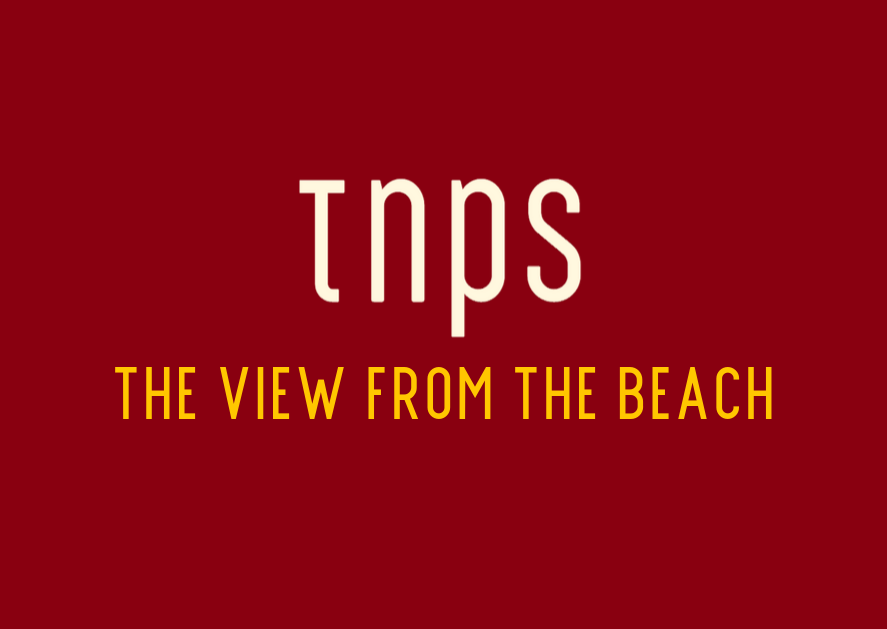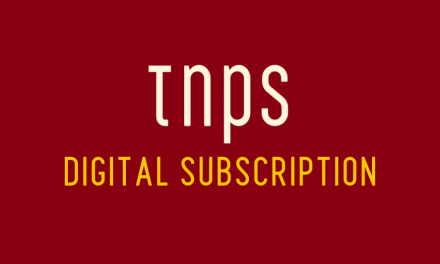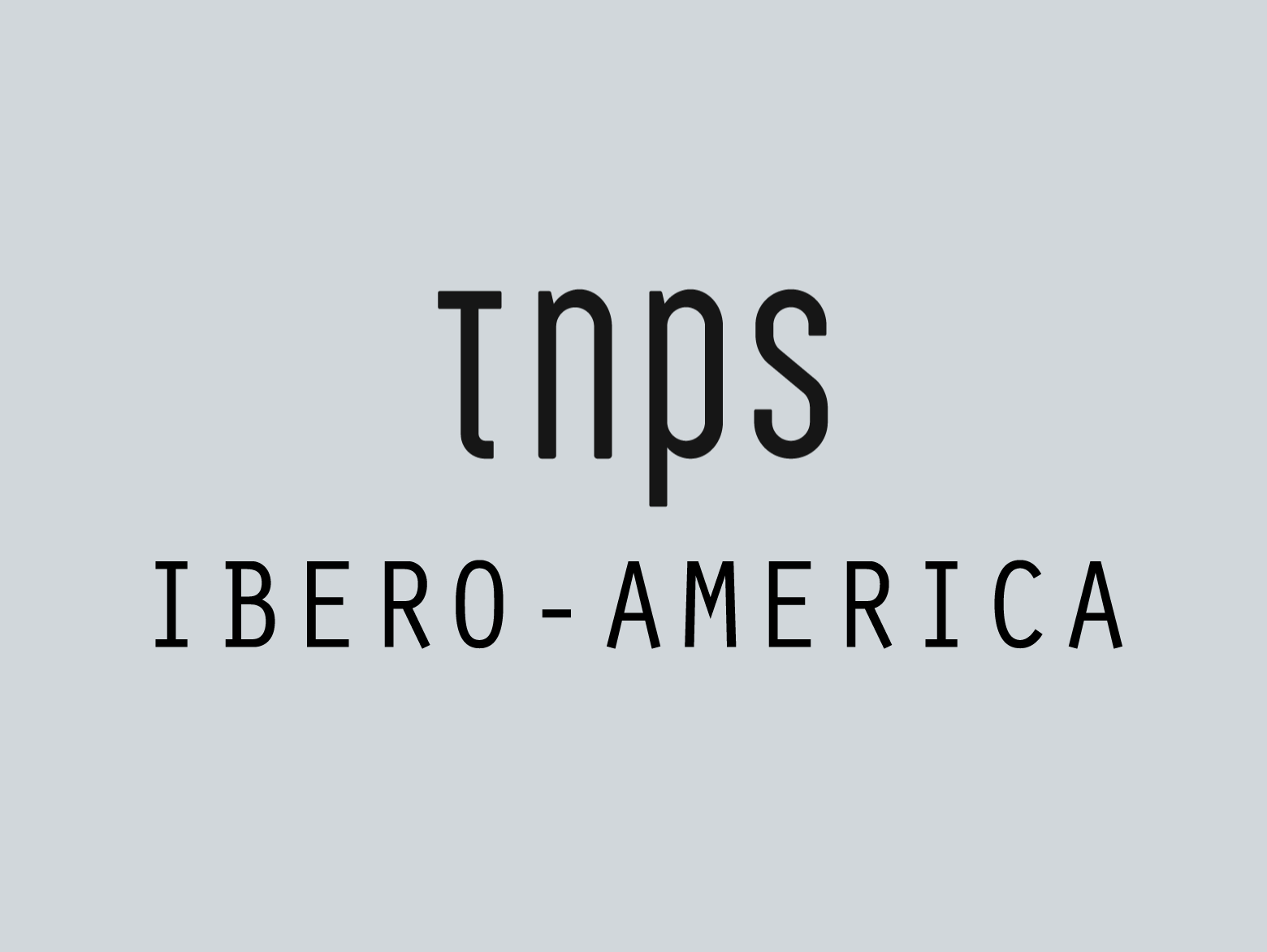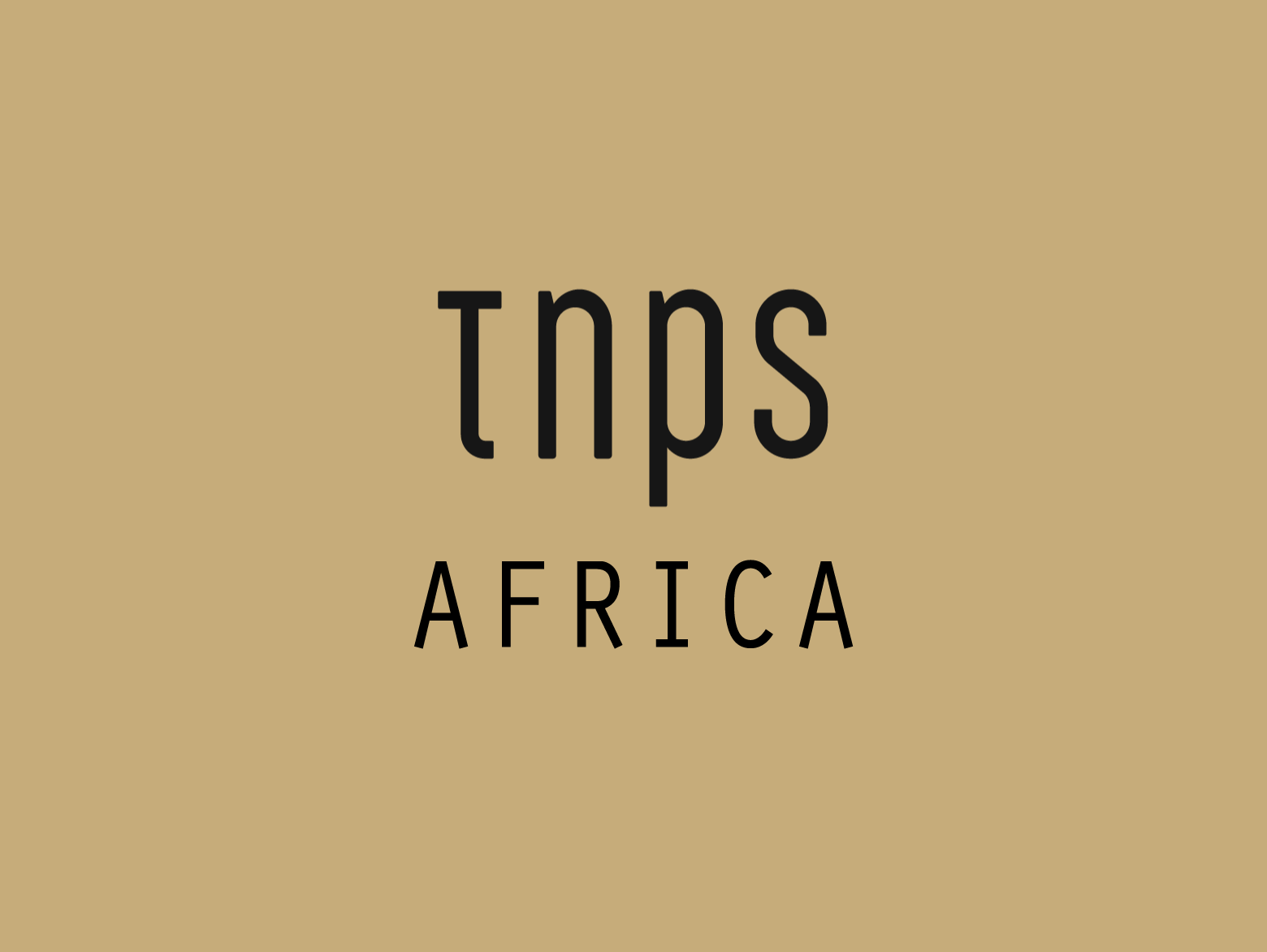After a 47% increase in sales in 2017, Amazon-owned Audible UK saw a rise in sales of only 38% in 2018, according to the UK trade journal The Bookseller.
But profits doubled from £3.1 to £6.4 million, with Audible attributing the success story to “an increase in Audible listeners.”
Amazon famously does not give out more information that it has to, but in the UK Audible has to file accounts at Company House, which are then available for public scrutiny.
Having thus scrutinized the registered accounts of Audible UK The Bookseller was able to tell us,
UK sales rose from £77m to £106.3m in the year ended-December 2018. (T)otal revenue increased 13.5% to £112.7m (2017: £99m), but the business hived off its Australian division in April, which contributed £22.3m in sales in 2017, but just £6.5m in the part-year. The sale added a further £6.4m to the bottom line. Gross profit increased by 7.2% to £66m in 2018 from £62m in 2017.
The Bookseller adds (referencing the UK market),
In 2018 audiobooks were the fastest growing publishing format with 13% growth and accounting for 5% of all book purchases as well as doubling their share of fiction sales with 40% of audio sales through subscription sales, according to Nielsen BookScan. Audiobook downloads surged (to £69m) last year, according to the Publishers Association Yearbook, with audiobook download sales trebling between 2014 and 2018.
At which point it’s worth bearing in mind that, for all the talk of audiobook growth and “fastest-performing format”, we’ve been here before with ebooks.
This from 2011 reporting 2010 ebook sales:
The growing popularity of digital readers such as Amazon’s Kindle and ebook titles by authors including Stephen Fry and Stieg Larsson helped boost UK sales of digital book products by 20% to £180m last year. The Publishers Association found the total value of digital sales from data supplied by members for its annual yearbook was £120m last year, 38% higher than in 2009. However, the association claims when the figures are extrapolated for the whole UK market sales rose about 20% from £150m to £180m year on year, taking account the 30% of the industry that are not members of the Publishers Association. “Digital publishing is growing at an impressive rate in whichever part of the sector you choose to look,” said the Publishers Association chief executive, Richard Mollet.
Amid all the understandable excitement about audiobook sales rising and all the half-baked nonsense about interest in ebooks waning it’s important to keep some perspective here.
Audiobook sales increases have yet to match the heights of the ebook surges as this decade began, and audiobooks still make up a smaller share of the book market than ebooks.
It’s worth remembering too that the main reason ebook sales plateaued, to the extent that is true at all, was because the bigger publishers chose to raise ebook prices to protect their print investments.
Before we rush to dismiss ebooks as yesterday’s consumer fad we’d best take a look at the 2018 digital library numbers –
and also remind ourselves that millions of ebooks are being downloaded, conveniently untracked and unremarked, via the self-publishing sector.
In August 2019 alone Amazon paid out $25.8 million to indie authors via the Kindle Unlimited pot, and by end of year the 2019 total will be around $300 million. This is the pot shared by indie authors who choose to sell their ebooks exclusively through Amazon, on top of which will be the retail sales for these same titles.
The problem for the industry is that some sectors would prefer not to acknowledge these inconvenient truths.
Just this month Meryl Halls, managing director of the UK’s Booksellers’ Association told CNBC,
I think the e-book bubble has burst somewhat, sales are flattening off, I think the physical object is very appealing. Publishers are producing incredibly gorgeous books, so the cover designs are often gorgeous, they’re beautiful objects.
A fine lesson in how to be right and wrong simultaneously.
Yes, printed books can be “beautiful objects” and consumers are happy to pay a premium for that luxury.
But when publishers start charging the same price, or even more, for a digital version of the same book, we should not act surprised when consumers prove less than keen to pay the same price for a licence to read a book they will never touch or own as for the physical version.
Nor should we pretend, no matter how much it suits our agenda, that consumer reluctance to pay an arguably unreasonable price for an ebook is a sign of disaffection with the format.





